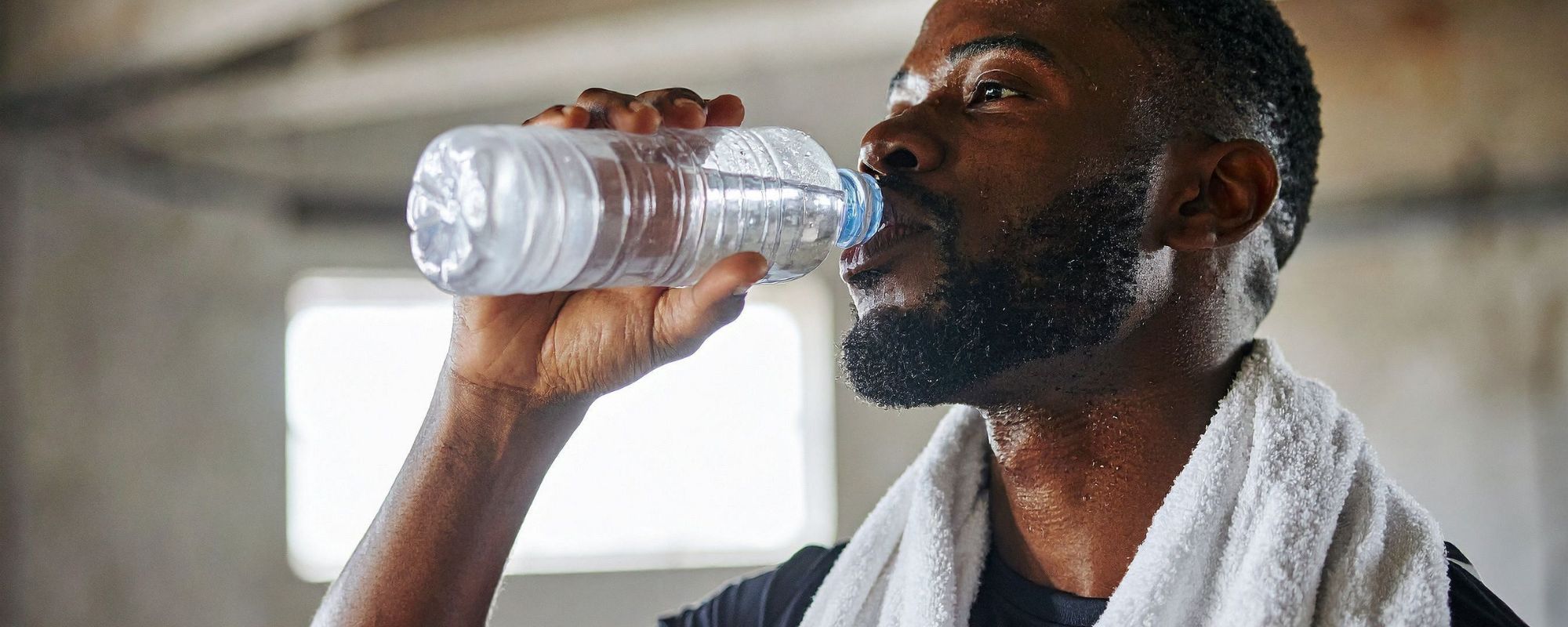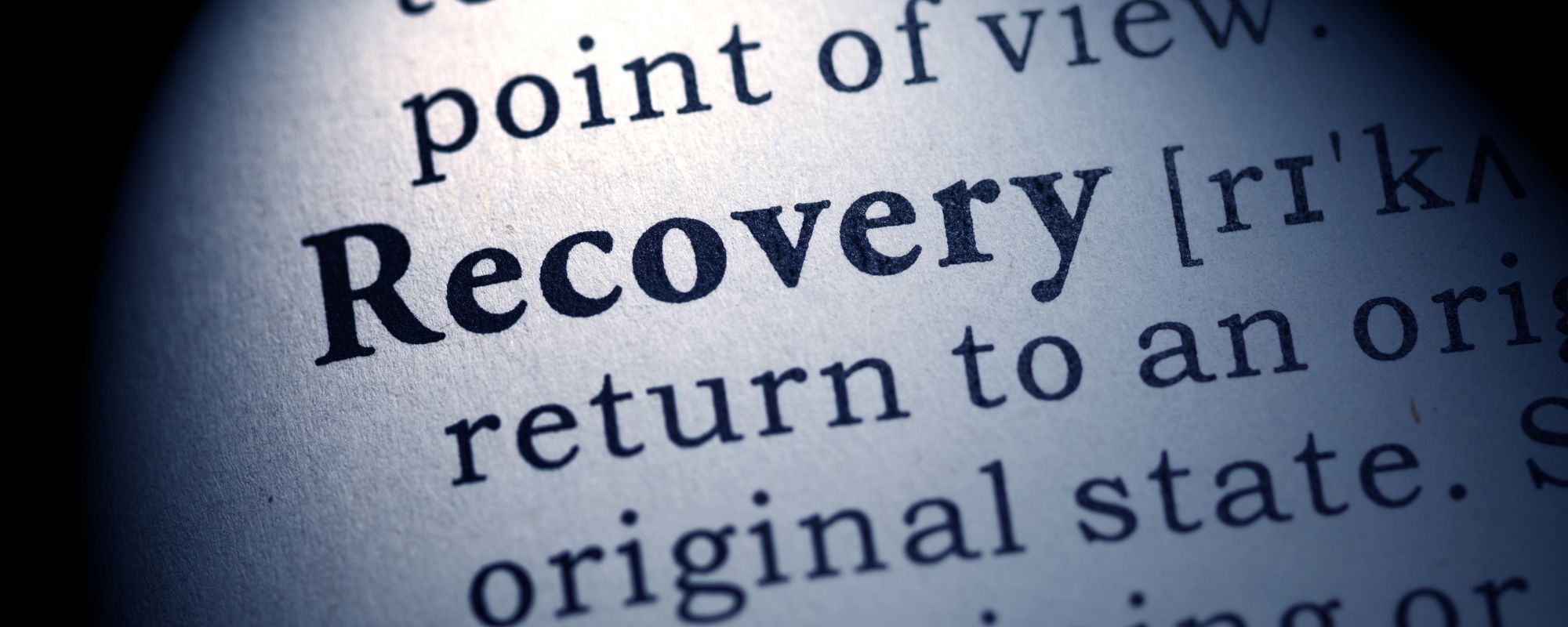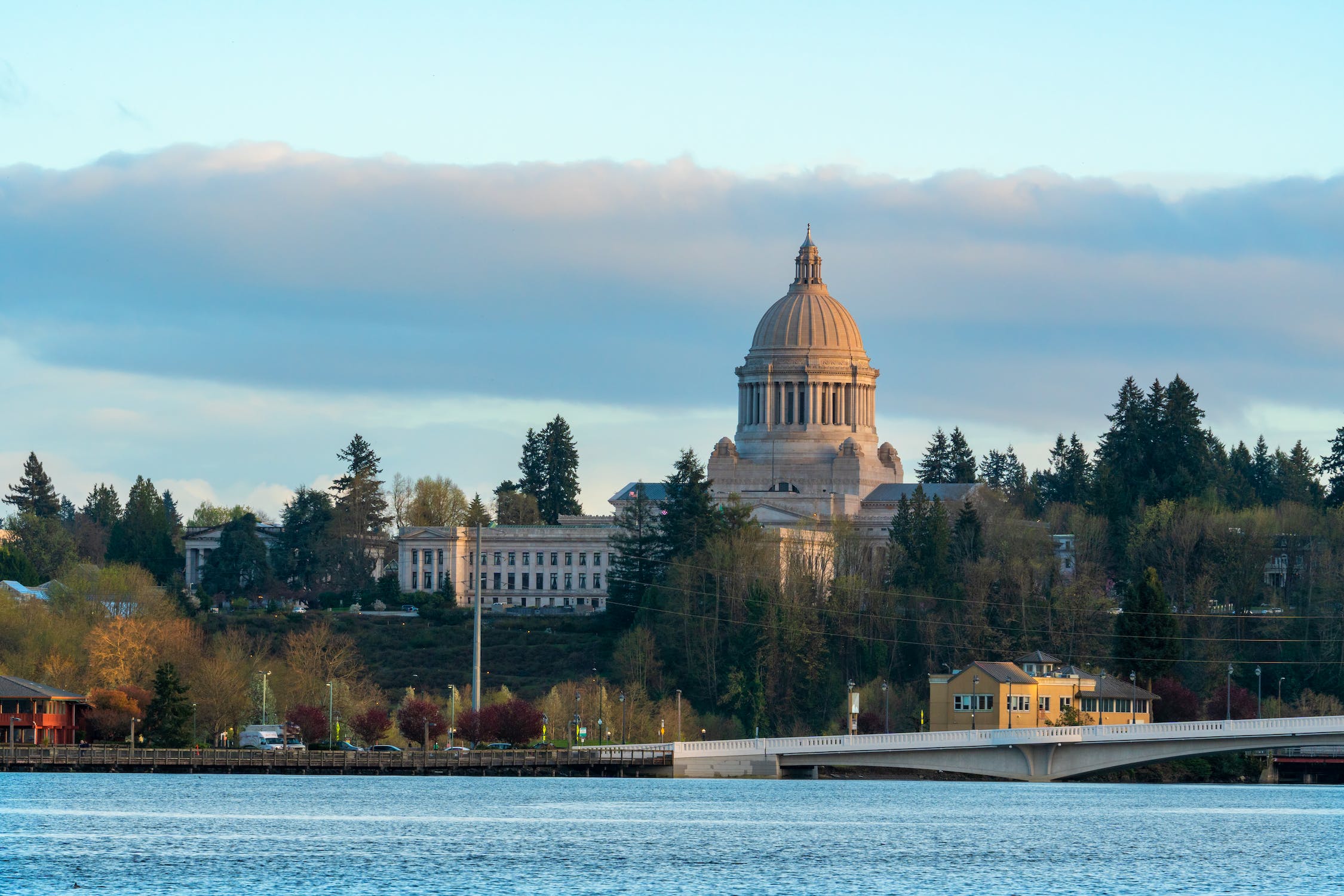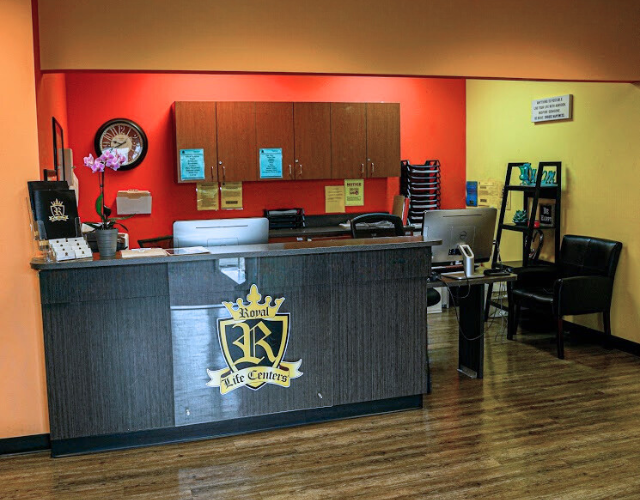Key Takeaways
Comprehensive Treatment: Washington State rehab centers provide structured programs including medical detox, residential inpatient care, therapy, and holistic treatments to address both physical and psychological aspects of addiction.
Professional, Multidisciplinary Staff: Rehab centers employ medical professionals, therapists, counselors, case managers, and support staff to provide personalized care and guidance throughout the recovery process.
Dual Diagnosis and Mental Health Support: Many centers offer treatment for co-occurring disorders, integrating mental health counseling with addiction therapy to treat both substance abuse and underlying conditions like anxiety, depression, or PTSD.
Aftercare and Long-Term Recovery: Rehab programs include aftercare planning, ongoing support, and relapse prevention strategies to help individuals maintain sobriety and successfully reintegrate into daily life.
Question:
Can Washington State rehab centers help me with long-term sobriety?
Answer:
Washington State rehab centers play a critical role in supporting individuals struggling with substance abuse by offering comprehensive, outcome-based treatment programs. These programs typically begin with medical detox, a supervised process that safely manages withdrawal symptoms. Residential inpatient care provides a structured, distraction-free environment where patients can focus fully on recovery through individual and group therapy, education, and wellness activities.
A multidisciplinary team—including doctors, nurses, therapists, counselors, case managers, and support staff—guides each patient through personalized treatment plans. Many rehab centers also address dual diagnosis, treating co-occurring mental health disorders such as anxiety, depression, or PTSD alongside addiction to ensure holistic recovery. Behavioral therapies like cognitive behavioral therapy (CBT) and dialectical behavioral therapy (DBT), along with holistic modalities like yoga, meditation, and art therapy, promote emotional healing and self-awareness.
Successful recovery extends beyond treatment. Aftercare programs provide step-down support, relapse prevention strategies, sober living guidance, and access to community resources. Through structured therapy, skill-building, and a supportive peer network, individuals learn to identify triggers, manage stress, and maintain long-term sobriety. Washington State rehab centers, such as The Haven, empower people to reclaim their health, rebuild relationships, and establish a sustainable, substance-free life.
Drug and Alcohol Abuse By the Numbers
Drug and substance abuse continues to affect millions of people across the country, reinforcing the need for rehab as a place for recovery from addiction.
In 2022, nearly 49 million people struggled with a substance abuse disorder within that past year, according to a study by the Substance Abuse and Mental Health Services Administration (SAMHSA). Of those, 29.5 million people had an alcohol use disorder, and just over 27 million had a drug use disorder.
Yet, for many people included in these numbers, rehab and treatment are not options ever considered or pursued. Forty-three percent of adults who needed mental health or substance abuse treatment in 2021 didn’t receive it, notes the National Council for Mental Wellbeing. Untreated, it can exacerbate a substance abuse disorder, leaving one stuck in a cycle of addiction.
There could be many reasons why someone might not seek treatment. They may be in denial of their addiction, feel ashamed for having a disorder, believe they can easily quit cold turkey, or be afraid of what rehab, detox, and treatment involve.
These concerns about stigma or uncertainty about the recovery process can feel overwhelming and are perfectly normal, illustrating how Washington State rehab centers (such as the Haven) remain such an important resource and destination for anyone taking the step forward on the road to recovery. How do rehab centers in Washington State empower you or a loved one to reclaim your health and start fresh?
What Is a Rehab Center?
Rehab, short for rehabilitation, is the process of treating a dependency or addiction to drugs, alcohol, or other substances. A rehab center is a dedicated place for that recovery to unfold — a safe, structured environment to experience all the facets of treatment and break free from the physical and psychological dependence on substances.
In the process, you’ll learn more about yourself, what you truly value as a sober person, and how substances in your sober journey do not define or serve you well.
Firstly, when should you consider rehab? Do you drink or take recreational drugs often, and has it become frequent — so frequent that it’s begun to take center stage in your life and become all-consuming? Do you find yourself reaching for a bottle or pills in an attempt to self-medicate feelings of low self-esteem, anxiety, depression, or numb other feelings you may be struggling with?
When Should Someone Get Help for Addiction?
If you can answer affirmatively to some of these questions, or if substance use has begun to negatively impact your work, studies, relationships, or home life, it may be time to consider getting help by going to rehab.
Rehab centers in Washington State, especially Royal Life’s Lacey detox facility, are, by careful design, meant to address every aspect of addiction to heal a person from drug or alcohol abuse. That’s why each individual aspect of treatment has value on its own but also works in harmony with other ingredients of a rehab program, from drug detox to talk therapy, with an approach focused on health, well-being, and sobriety.
Washington State drug rehab offers comprehensive drug and alcohol rehabilitation programs:
- Medical detox is the quickest part of the recovery process, but it’s also the most important. To quit drugs or alcohol on one’s own can mean risking relapsing or being unable to manage difficult, sometimes painful, withdrawal symptoms. After checking into a rehab facility and a thorough assessment, medical detox is an 8-day program designed to taper you off the substance, assuage withdrawal and flush the drug from your system.
- Residential inpatient treatment programs offer a safe and supportive living environment where individuals can focus on their recovery from substance abuse. The “in” of inpatient means you live at a rehab facility for a period, free of distractions or triggers, to lend 24/7, daily focus to what matters most: getting clean and sober. Best suited for those with severe addictions, an inpatient program includes individual and group therapy, educational classes, recreational activities and other wellness services tailored to build lasting sobriety.
Who Works at a Rehab Center?
Joint Commission-accredited Washington State rehab centers in Lacey, Wash., employ several experienced professionals committed to seeing you su
- Admissions team members are the first people you’ll interact with upon entering rehab. They handle the intake process and help you build the right treatment plan customized to your needs (such as the nature and manner of programming you need). Admissions staff are skilled in communicating with people dealing with different mental health or substance abuse issues.
- Medical professionals like doctors (M.D.s), nurses and psychiatrists specializing in mental health and addiction treatment lead the clinical team. They remain present on hand during the detox phase. Withdrawal symptoms from some drugs and substances can be painful and even dangerous without the proper medical oversight, so medical staff is necessary in case they need to administer medication, monitor your vital signs and provide clinical supervision to guide you through the process from start to finish.
- You’ll meet therapists and counselors during inpatient therapy sessions. Behavorial health counselors like psychologists to certified addiction specialists, or CASs, are there to guide you through behavioral therapies like cognitive behavioral therapy (CBT) and dialectical behavioral therapy (DBT), both during one-to-one individual and group therapy. With caring and compassion, the counseling team uses their clinical training to help you understand and address the root causes of addiction and develop coping strategies — fundamentals to a successful stay in rehab.
- Additionally, holistic therapists are part of the rehab experience, leading guests through the evolution of therapeutic modalities like art, music, writing and dance/movement therapy, in addition to mindfulness meditation.
- You’ll connect with case managers at the start, and upon completion, of treatment. Their role is to coordinate care and assist with your aftercare planning, effectively making sure there is continuity of care from beginning to end and making sure your treatment plan stays on point and on schedule.
- Support team members, from cooking staff to transportation, all contribute to creating a welcoming and supportive environment at the rehab center.
Are you struggling with drug and alcohol abuse?
Royal Life Centers at The Haven is here to help you recover. Because we care.
How Can a Washington State Rehab Center Help Me?
The answer is that addiction rehab in Washington State can be a life-saving endeavor, as addictive substances can have devastating effects. At the Haven, for example, we can treat numerous addictions, even when they co-exist at the same time. Here’s how:
Substance Abuse Disorder Treatment in Washington State
From opioids to methamphetamine, cocaine, alcohol and prescription medications, the patterns of substance abuse disorders run wide and can manifest differently in different people depending on the type of substance abused. Treatment is, above all else, designed to be comprehensive to address the nuances of various disorders with the unique makeup of each person in the program. Washington State drug rehab follows a therapeutic narrative comprised of identifying triggers, building coping mechanisms and preventing relapse.
Mental Health Treatment in Washington State
Drug or alcohol addiction doesn’t always exist on its own. Many times, a substance abuse addiction goes hand in hand with what’s known as a co-occurring disorder, e.g. a drug addiction and mental health disorder at the same time, such as anxiety, depression or PTSD, Post-Traumatic Stress Disorder. A treatment center in Washington State carefully, deliberately integrates and weaves mental health counseling into the fabric of substance abuse treatment to address the symptoms of both, hand in hand.
Dual Diagnosis Rehab in Washington State
According to the SAMHSA study mentioned earlier, 8 million people were reported to have co-occurring alcohol use and drug use disorders. Between symptoms and how they may cross over, the complexities of both disorders require specialized treatment. A dual diagnosis at a substance abuse rehab in Washington State — being diagnosed with a substance abuse disorder and a mental health disorder — enables you to be treated for both without neglecting either disorder. How does it benefit you? The holistic treatment mindset asserts that these diseases stem from the same root problems, with an approach ensuring that both an addiction and its underlying mental health challenge are treated.
What Services and Therapies Are Offered in Rehab?
A range of services and therapies to support full, unencumbered recovery at Washington State rehab centers are designed — through a promise of honesty, respect and humanism — to support your recovery. These take shape through several different types of therapies addressing the physical, emotional and the psychological aspects of addiction, the building blocks of a comprehensive rehab program:
Evidence-Based Psychotherapy
When therapy at addiction rehab in Washington State is “research-based,” that means it has been supported by research to be effective. At the Haven, this takes shape through individual therapy:
- CBT helps you to identify, challenge and change negative thought patterns tied to your substance abuse.
- DBT builds its focus on managing and dysregulating negative emotions stemming from addiction to help enact positive changes in your life.
Then there’s group therapy — a form of treatment involving a small group of individuals with similar issues coming together to discuss their thoughts, feelings and experiences. Done in conjunction with individual therapy, discover, analyze and overcome negative thoughts and actions while bonding and empathizing with others in treatment with similar recovery goals. Emerge from group therapy with new social relationships and a strong, sober peer network.
Holistic Treatments
Traditional psychotherapy is augmented at rehab centers in Washington State by holistic treatments to help heal the mind, body and soul, since all three can be affected by the impacts of substance abuse disorders. Yoga, meditation, breathwork and sound healing focus on treating you and your whole self — instead of merely targeting the symptoms of addiction. Look at holistic therapy to awaken your self-awareness and promote relaxation and emotional healing, helpful tools in developing a healthier mindset when overcoming addiction.
Case Management
Look at case managers as your personal advocates in the addiction treatment journey. From the moment you sign on for medical detox and inpatient treatment, they are your support system, making sure you receive, from the start, the personalized support you need. And following substance abuse rehab in Washington State, case managers can connect you with housing and employment opportunities as well as family and community resources to help you facilitate healing and transition back into daily life after treatment concludes.
Aftercare
Aftercare is one part of rehab that can’t be overlooked. Recovery doesn’t end when treatment does; in fact, it’s just the beginning. Aftercare programs facilitate this post-treatment journey, a “step-down” program that seamlessly transitions you through levels of care and toward independence. During aftercare, you work with a case manager to receive intensive support and education about addiction, including understanding triggers and how to cope with them, plus the opportunity to sign up for 12-step and alternative recovery support meetings, sober living options, job placement assistance and other wellness activities.
How Does Rehab Support Long-Term Recovery?
Think of treatment as an apprenticeship, where you learn skills and obtain tools and strategies that enable you to sustain long-term sobriety — a lifestyle change that needs to be upheld for the rest of your life. The Haven is part of a network of Washington State rehab centers experienced in teaching guests how to identify triggers, manage stress, and develop healthy coping mechanisms.
Through rehab therapy at treatment centers in Washington State, gain a deeper understanding of addiction and learn how to navigate life’s challenges without turning to substances — to stand on your own without the crutch of alcohol or drugs. Rehab also fosters a sense of community and connection with like-minded peers who can support each other through the challenges of getting sober.
Finding a Washington State Recovery Center
Think of Washington State rehab centers as an invaluable experience to overcome addiction and gain a new, sober lease on life.
Starting the recovery process can feel overwhelming and taking the first step is often the hardest part. Don’t settle for becoming one of the statistics of those who forego treatment in the face of substance abuse.
Change starts with you with one phone call. Call the Haven, a certified substance abuse rehab in Washington State, today to learn more about the treatment programs we have available and how they can help you achieve and sustain lasting recovery.
Get free and confidential help, 24/7.
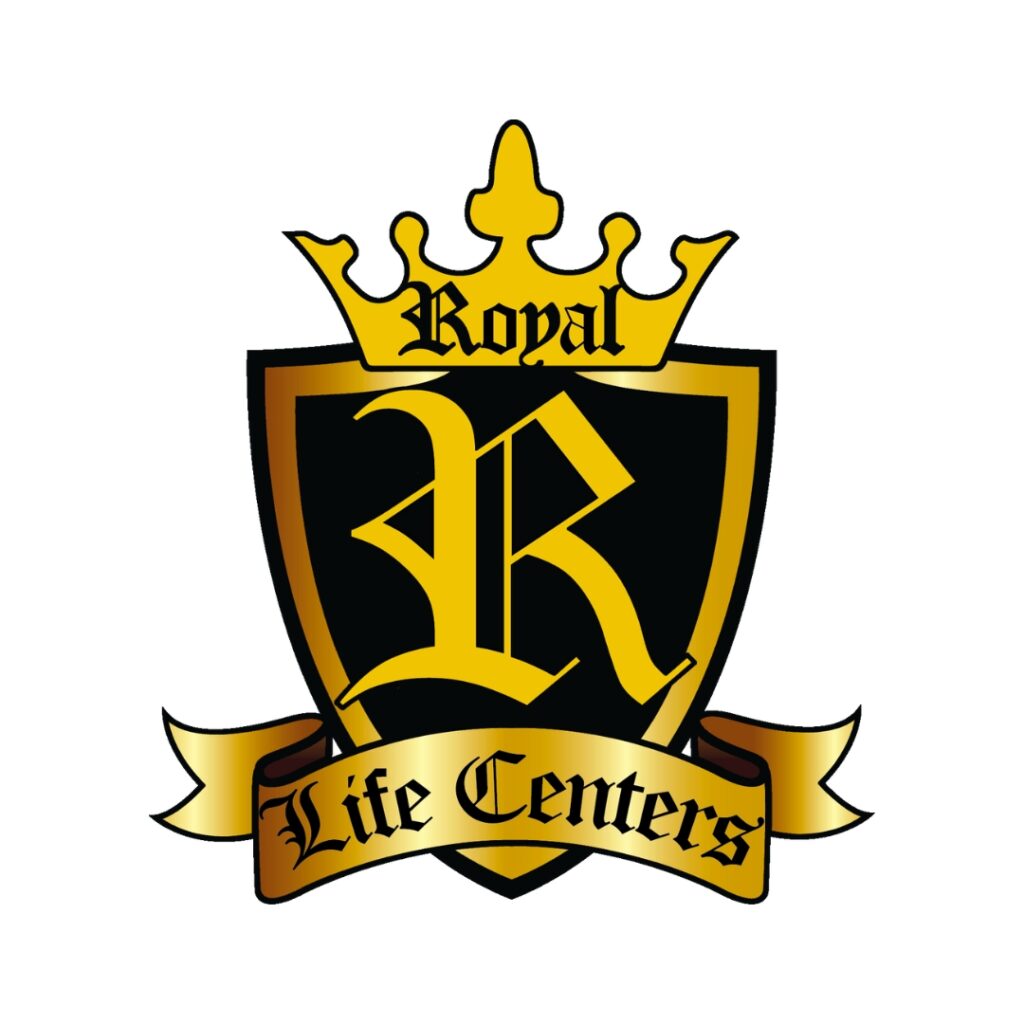
- Alcohol Detox in Washington State: Everything You Need to Know - March 2, 2026
- How Washington State Rehabilitation Centers Can Transform Your Life - January 26, 2026
- How Washington State Rehab Centers Support Long-Term Recovery - January 19, 2026













